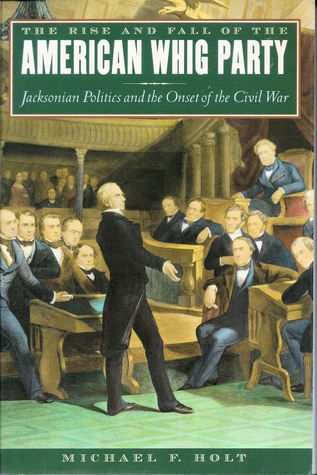This update has all the things that named my blog "Gehio",
Geocaching+
History+
Ohio

Thanks to the person who got me into geocaching, Mark Fischer, I was invited to speak at the
Oxbow Tuesday Lecture on October 9th to discuss a local history subject of my choosing. The Oxbow is a wildlife conservation group in SE Indiana. Mark recently did a lecture on Geocaching which I attended. My name got mentioned as a local early area history expert for possible upcoming topics. I haven’t firmed up my material yet but it will be in some way shape or form about William Henry Harrison regarding some myths and legends about his life and ties to the area. I'm going to have to brush up on some public speaking skills!
My reading has slowed down as the weather warmed up. I typically read on my lunch breaks and to be honest there have been lots of new geocaches near my office, so I’ve been indulging in that instead. I’m currently about 3/4 into an interesting book from the 1980s on Tekamthi called
God Gave Us This Country. I ran across it by accident at the library. Who the hell is Tekamthi??? The author insists on using what is believed to be Tecumseh’s Shawnee name before it became anglicized. The Shawnee language is actually a bit lispy and European speakers would remove this from the pronunciation as being somewhat effeminate. Ironic since the Shawnee were pretty fierce. One thing that is a bit jarring is the author insists on using the term “reds” and “red men” throughout the book. These are terms all considered dated and a bit derogatory to modern ears. Otherwise, despite the terrible cover and title, it’s a great read and well-sourced book that was previously unknown to me. In fact, I went ahead and bought a copy of my own just for the source notes. I've already made note of some Harrison info I wasn't aware of that will come in handy for the aforementioned lecture.
On my to-do list is another book I recently became aware of called
The Rise and Fall of the American Whig Party: Jacksonian Politics and the Onset of the Civil War. I guess it could be titled
“Everything You’ve Always Wanted to Know About the Whigs But Were Afraid To Ask”. It’s 1300 pages! Oh, and the print is tiny. At the rate I read it may take me as long as the Whig party existed to finish it. So far, everyone I know that has this book never read the whole thing. Regardless, this doorstop will at least serve well as reference material. Oh and a tip to used book buyers.
I also picked up an interesting old title called
The Intimate Letters of John Cleves Symmes and His Family. I've seen reference to this early 20th-century book many times where Cleves is mentioned. Don't get too excited. These aren't like the
Harding letters. "Intimate" in this case just means "personal". No extensive bio of this important man to the history of the Ohio Valley exists due to most of his letters and journals being burned in a fire. Some say it was arson. There were many lawsuits against the man due to his questionable land business dealings. The letters that do exist were compiled here from some of his recipient's collections that survived. It sort of humanizes a person that tends to be just a static character in the story of others without any idea of his personal thoughts. One weird thing I learned. Cleves kept referring to a daughter he called "Nancy". He only had one daughter named "Anna" (who married William Henry Harrison) so that was confusing. It turns out "Nancy" was originally a nickname for "Anna". I never knew that.
I got this and the Whigs Tecumseh from
AbeBooks for just a few dollars each with free shipping. Ironically I've learned this has been owned by Amazon since 2008 but Amazon's used prices were very high for each of these. I'll be shopping there more often for good used book deals!
Speaking of geocaching, the reason so many new caches are getting published around town and my reading has slowed is that a major Geocaching event called
GeoWoodstock 2018 will be held May 26th, 2018 at Coney Island in Cincinnati. This event is expected to bring over 5000 geocachers from all over the world. In fact, a geocacher from France contacted me about carpooling from their Airbnb since I have a cache near the event. I had to politely decline as I don’t really know my full schedule for that day, but I will be attending! How could I not be with "my people" that day?

In
personal geocaching news, I'm currently sitting at find 6,408 and have had some interesting cache runs lately. Lot’s of new FTF’s (
First To Finds), including a
Wherigo (a first FTF of this type if you will). That makes FTF 101 for me. Mark Fisher and I hit not one or two, but three “tunnel” caches in so many weeks. These are caches where you go into a large drainage tunnel, usually with a flashlight. The photo to the left is (eventually) 400' into a tunnel and about that many feet below I-74. I used to be pretty adverse to doing these. In one of them, I was ankle deep in water. Those were some fun adventures!
See you in June!
 The Wright Brothers by David McCullough
The Wright Brothers by David McCullough













